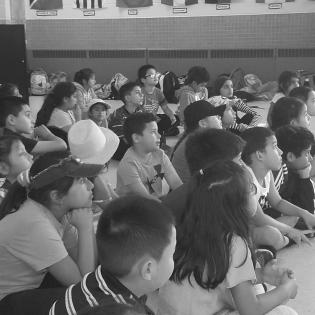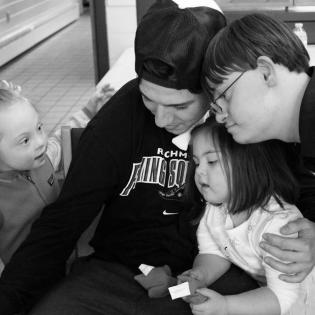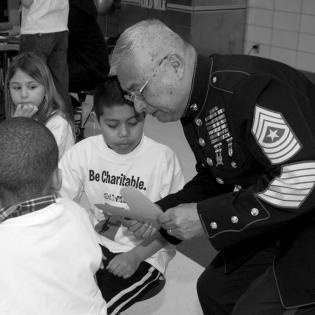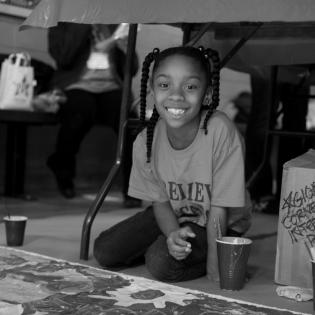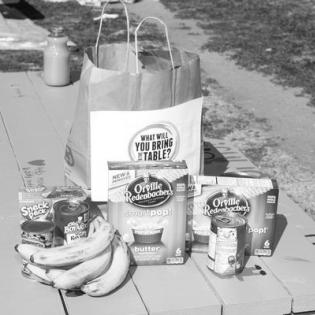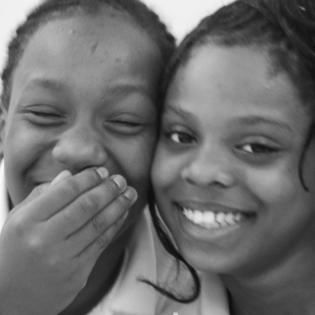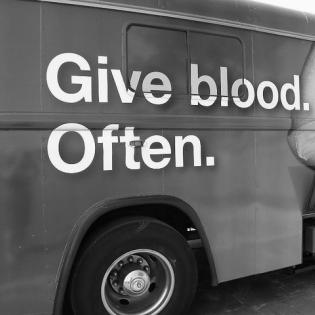This resource was developed in collaboration with the Council of Michigan Foundations (CMF) Youth Philanthropy Task Force powered by Michigan youth, CMF members, and nonprofit leaders.
Filter by subjects:
Filter by grades:
Filter by audience:
Filter by issue area:
Filter by content type:
Filter by resource type:
resource search
When a crisis upends life or disaster strikes, whether caused by nature or humans, the humanitarian spirit of individuals and communities swells. The lesson plans, project ideas, and links to nonprofit resources here provide opportunities to discuss our response to a crisis and explore actions that young people can take before and after disaster strikes.
We're all the same in one basic way: We all want other people to understand us. In this lesson, youth learn about needs of differently abled children in their school or community and take a step toward removing barriers. They use the persuasive power of communication to raise awareness of ways to understand and show respect for people with disabilities through a service project.
Every person has individual traits that make them unique and who they are. People with neurological or physical differences have often been seen as less capable or received services that separated them from others. Society is enriched when it embraces our differences as gifts and characteristics to understand and respect. Awareness can change attitudes, laws, and opportunities. Each young person has a voice, heart, and hands to take big and small actions to help us create a more inclusive world.
Get to know the stories of people who represent a life of service. They may be veterans who chose to serve in the military or elderly friends who have served as activists or volunteers for different issues. Communities are stronger when people take action and work together for a common purpose. These activities, project ideas, and community resources prompt discussions and service that build respect for people of different roles, types of service, and generations.
The nonprofit sector assures we have the arts in the form of museums, theaters, ballet, and public art. Through the arts, people gain joy and explore and discuss the themes of life. Art may be an expression and communication tool to advocate for issues. This toolkit includes lesson plans, project ideas, and background information related to the arts.
We often hear about the importance of eating three healthy meals a day, however, some of us do not have the resources to even eat one. The problem with hunger and malnutrition is more complex than access to healthy food. It is complicated by multiple societal issues that we can address. Youth are equipped with a voice, heart, and hands to take big and small actions for a meaningful purpose to help raise awareness of and fight the issues of hunger and malnutrition.
This toolkit guides youth, educators, group leaders, families, and community groups as they investigate the issue of kindness and prepare to take action.
Contents:
We are taught to love all humans and help others, but as a society we tend to be less empathetic when we come face-to-face with someone experiencing homelessness and poverty. Breaking the general stereotypes associated with homelessness and poverty with information and ideas may greatly help individuals who are experiencing such struggles. This toolkit provides information, activities, and resources to help youth use their voice, heart, and hands to take big and small actions for a meaningful purpose.
There are many ways to be healthy and safe. We can build physical health with exercise and games, healthy food, and sleeping. We can maintain mental health with meditation, relationships, volunteering, and self-care. The health and safety of ourselves and others is important for a healthy community. These lesson plans, project ideas, and community resources help youth understand and advocate for healthy and safe choices for self and community, as well as learn about advocacy for good practices, disease research, anti-smoking/vaping, and mental health.

